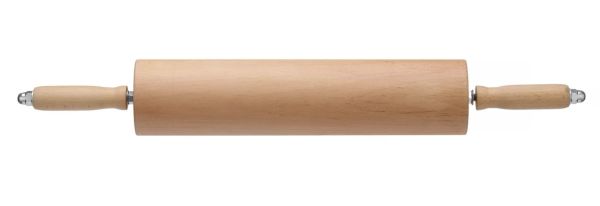Language
WORLDWIDE SHIPPING
Wooden rolling pin ⌀90 mm
€67.40
€55.25
Availability:
In stock
The HENDI Wooden Rolling Pin is the perfect tool for anyone looking for quality and comfort when preparing dough. Made from high-quality solid beech wood, this rolling pin is durable, easy to clean and ensures long-lasting, hygienic use. Its sturdy construction is reinforced with a metal shaft, which increases stability and resistance, making the rolling pin ideal for professional or intensive home use.
The presence of nickel-plated steel ball bearings allows for smooth and effortless rotation, ensuring precise rolling of the dough with minimal effort. Thanks to these bearings, the rolling pin glides easily on the work surface, making it easy to evenly roll out large quantities of dough at the same time, saving time and ensuring perfect consistency.
The long, ergonomic handles are shaped for a comfortable and stable grip, allowing for optimal control during use, minimizing fatigue. With a perfect weight, the rolling pin allows for effortless precision, making it ideal for use with all types of dough, from pizza to fresh pasta.
Thanks to its size and structure, the HENDI Wooden Rolling Pin is designed to roll out even the most voluminous dough quickly and efficiently. Not dishwasher safe, it requires manual cleaning to best preserve the quality of the wood.
Perfect for those looking for a sturdy, practical and convenient rolling pin, the HENDI Wooden Rolling Pin is an indispensable ally in the kitchen to obtain perfectly rolled out dough with ease.
Dimensions: ⌀90x667 mm
Delivery time: 2-3 days
FAQs

 IT
IT FR
FR
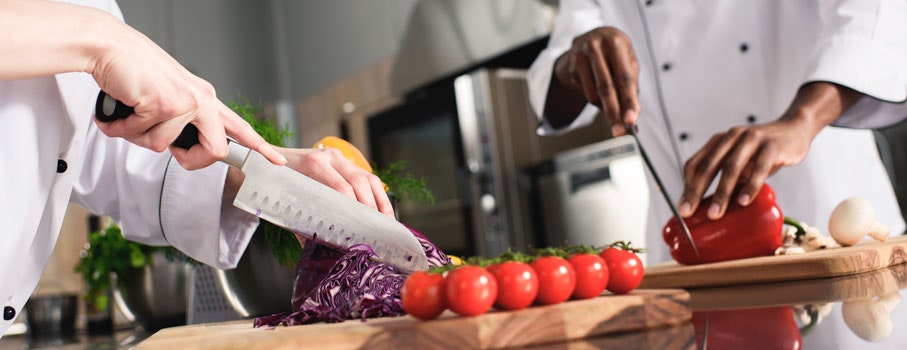
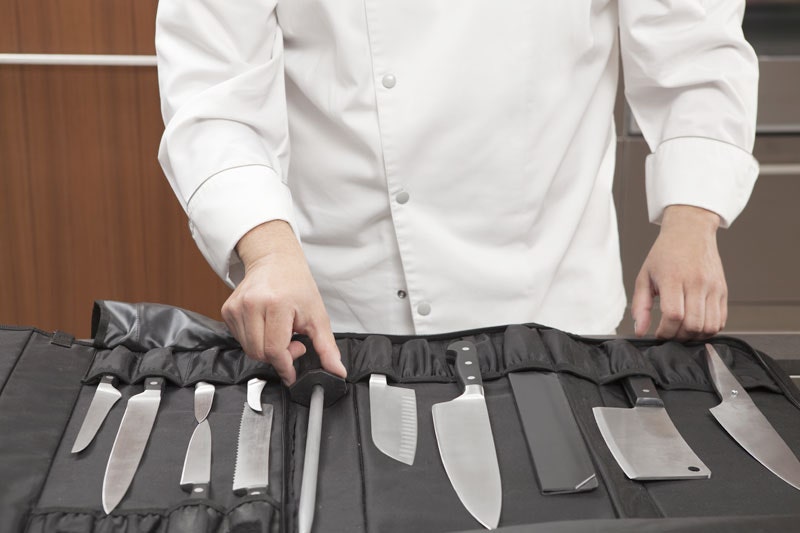
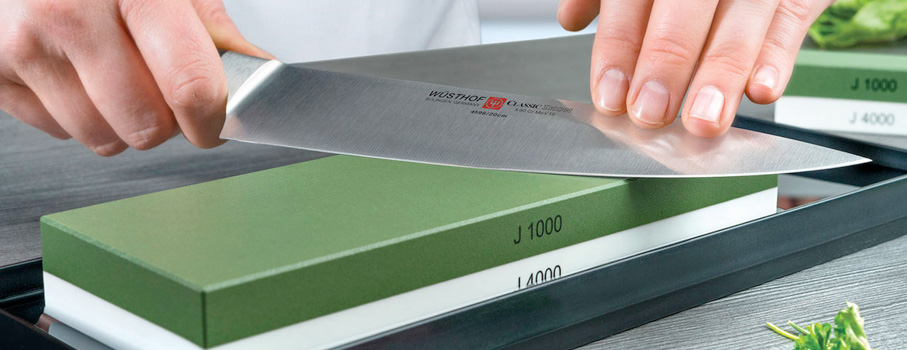
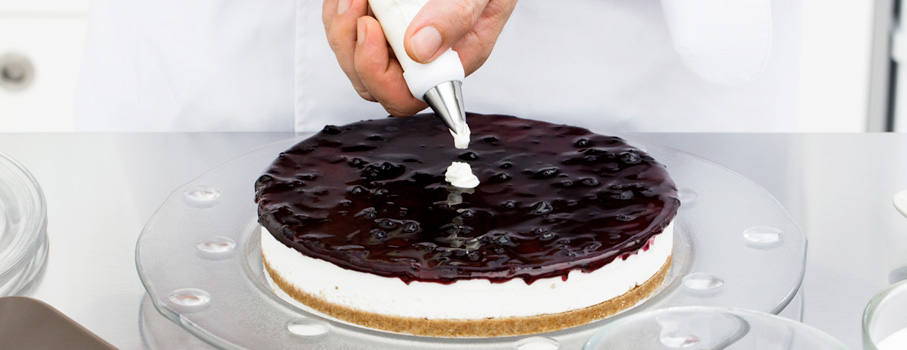

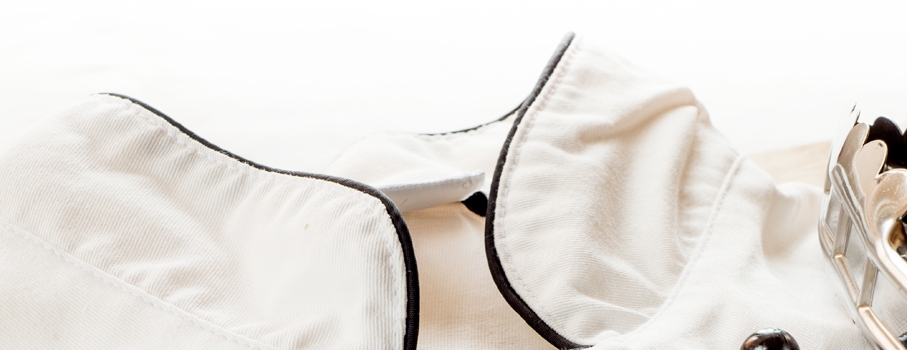
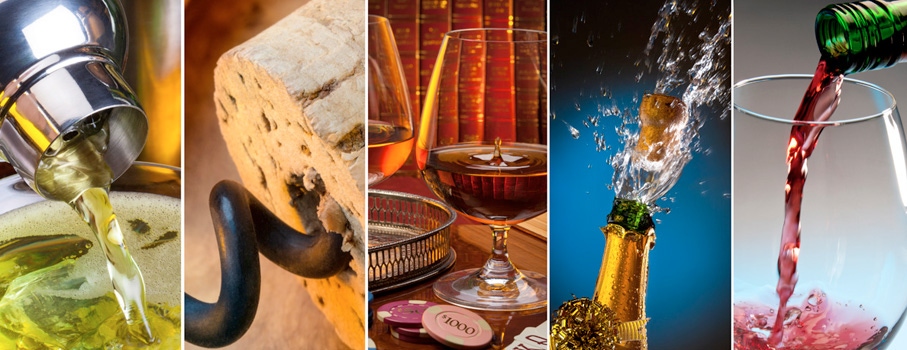
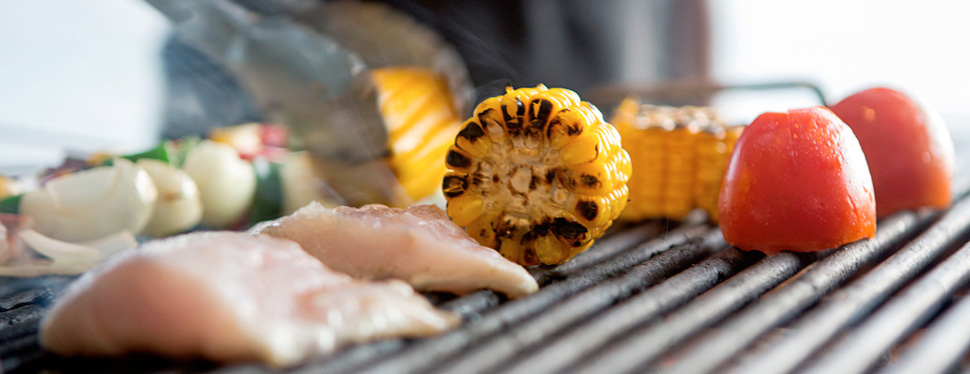

 IT
IT FR
FR
